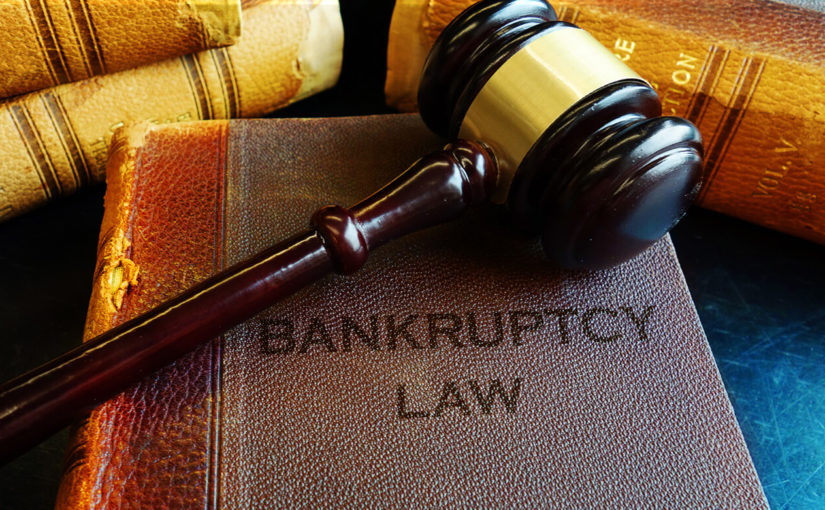
Interviewer: What other protections does bankruptcy afford people that they aren’t commonly aware of? You have mentioned stay in foreclosure, staying on eviction. Are student loans covered up under bankruptcy law or are there other debts that people aren’t aware of that could be covered?
Student Loans Are Generally Not Dischargeable in Bankruptcy
Jeanne: Well, student loan and bankruptcy is a good area to cover. Student loans are not generally dischargeable in bankruptcy. I could do a whole another hour on student loans because I like to advocate for people who are going to college. This is because there are so many ways you can finance your education but not take out a student loan.
A Student Loan Is Essentially a Loan from the Federal Government; the Government Will Pursue Individuals for Defaulting on a Student Loan
I refer to student loans as the nuclear waste product of financial industry and that’s because they never go away. What happens when you take out a student loan that you default on, the lender, the bank or whatever institution you borrowed the money from just turns the debt over to the United States government. Then you start owing United States government and they can garnish your wages. They can withhold your tax return.
Interviewer: Are there other debts that aren’t dischargeable that people might think automatically are?
Judgments Stemming from Malicious Acts or Restitution to Victims Are Not Dischargeable Debts
Jeanne: Someone might opt to file a bankruptcy is if they’re being sued. Now, we talked earlier about if you sued on a debt, that makes sense because debt, which the legal term is tort is some wrong that you did to somebody. That’s generally dischargeable in bankruptcy but certain torts aren’t. That includes judgments stemming from an action you did that was willful and malicious. That is not dischargeable in bankruptcy or if the damage that you did to somebody was a result of a drunk driving incident. That’s not going to be dischargeable.
In a Suit over Breach of Contract, the Party Must Prove Your Actions Were Willful and Malicious to Uphold a Judgment if you Have Filed for Bankruptcy
I’ve had clients be sued on debts but also be sued on like breach of contract and unless it’s something that it’s willful and malicious, you can go into the bankruptcy and have it discharged and they can’t sue you on it anymore. They have the burden of proving that it was willful and malicious. If it’s just a deal gone bad, they’re not going to prove what they need to in order to uphold the judgment.
Interviewer: Is there anything that I haven’t asked that would be very important that you’d want people looking you up online to know?
Jeanne: It goes back to people being concerned about their credit report and I understand that sometimes our lives are dictated by our insurance rates or job applications and they do a background check on you. They want to know about your credit report.
Interviewer: Yeah, that’s more common.

